Mozambique: Government wants to consolidate decentralized governance - Minister
Mozambique ‘cannot afford’ two conflicts, needs dialogue – MDM leader
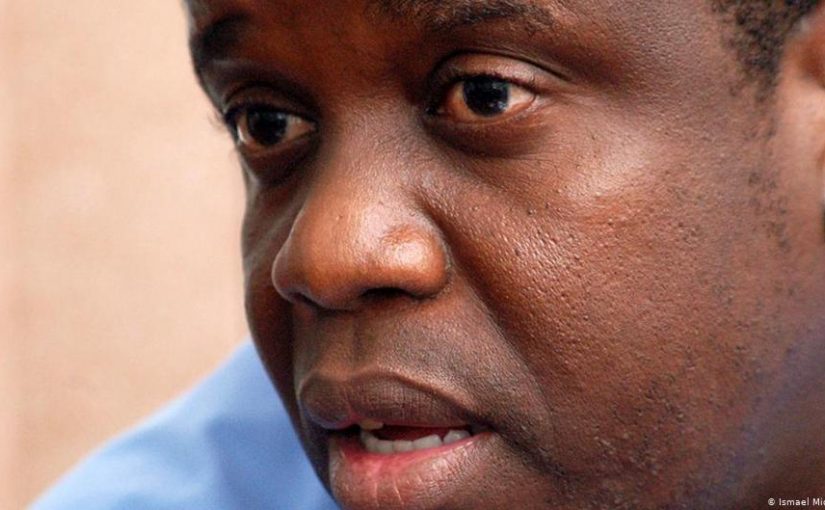
File photo: DW
The leader of Mozambique’s third party said on Thursday that the country “cannot afford” two conflicts in different regions, calling for dialogue between the Frelimo government and the armed wing of Renamo, the main opposition party.
“Mozambique cannot afford to deal with two conflicts, one in the north and the other in the centre, because these conflicts are becoming established and there is concrete evidence that no one can end the guerrilla warfare,” said Daviz Simango of the Democratic Movement of Mozambique (MDM), speaking to Lusa in Lisbon.
Simango, who is also mayor of Beira, Mozambique’s second city, argued that the president and his government “have to lead” a process of dialogue with Renamo fighters.
“The Maputo agreement of 6 August [the last peace deal signed between Renamo and the government] was done badly,” he said. “Because this agreement forgot the main actors [Renamo fighters] and as these attacks harm the entire nation, there is an interest in there being dialogue.
” In Mozambique there was a conflict because there were armed men,” he went on. “It makes no sense to have agreements ignoring these men. These men spent years with the Renamo leader, the late Afonso Dhlakama: they had commitments, hopes, prospects.
“So you can’t ignore this,” he concluded, in comments that suggest that it is Renamo holdouts who are behind attacks on government forces in central Mozambique.
According to Simango, there is a need “to make men see reason and tell them: ‘ok, there were flaws in the agreement; tell me what your problem is. Integration [of Renamo fighters into the government forces]? Conditions’.”
Renamo’s internal problems are another matter, he added: that “is up to the members of Renamo to resolve” but “the important thing” is that “the Mozambican state does not interfere with the internal problems of Renamo.”
The attacks in the north and centre of Mozambique are the result of two completely different situations and based on “totally different interests”, he said. But “in any case, the country cannot deal with two extreme situations.
” If we let this go on for a long time, it puts down roots and then it will be extremely difficult to solve,” he argued. “Things are still fresh and this is a good time to solve them.”.
Mozambique’s president, Filipe Nyusi, last week said there was a need to give a new impetus to the process of reintegrating former Renamo guerrillas into government forces, as potential financial donors to the process are “impatient” for progress.
“We need to talk quickly to Renamo because there is impatience [on the part] of those who want to support … reintegration,” he told reporters in London after the UK-Africa summit there.
Of the talks he had in London, including on the sidelines of the summit, he said, “almost everyone” had an interest in supporting the ‘DDR’ process of demilitarisation, disarmament and reintegration of Renamo fighters into society.
The group overseeing reintegration “is working and now will have to move a little faster … because there is this impatience of those who want to support us,” he stressed.
The DDR measures are part of the peace process that culminated in an agreement signed on 6 August between Nyusi and the president of Renamo, Ossufo Momade.
Nyuso also said in December that he was in contact with Momade with a view to containing the attacks in the centre of the country.
The attacks have been taking place in the provinces of Manica and Sofala, along the country’s two main highways: the EN1, which connects north and south, and the EN6, which connects the port of the city of Beira to Zimbabwe and other countries in the interior of southern Africa.
The raids, which have claimed at least 11 lives since August this year, have been taking place in what is a Renamo stronghold, and the authorities have blamed the party’s guerrillas who are still in the region.
While they reject any involvement in these attacks, a group of Renamo dissidents whom the party leadership view as “deserters”, led by Mariano Nhongo, remains dug in in the region. It is demanding better conditions for its members’ demobilisation and the resignation of Momade, on pain of taking up arms again.


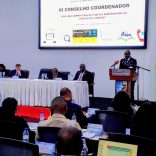

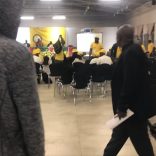
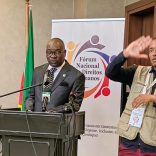
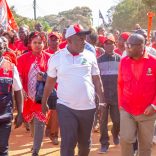





Leave a Reply
Be the First to Comment!
You must be logged in to post a comment.
You must be logged in to post a comment.